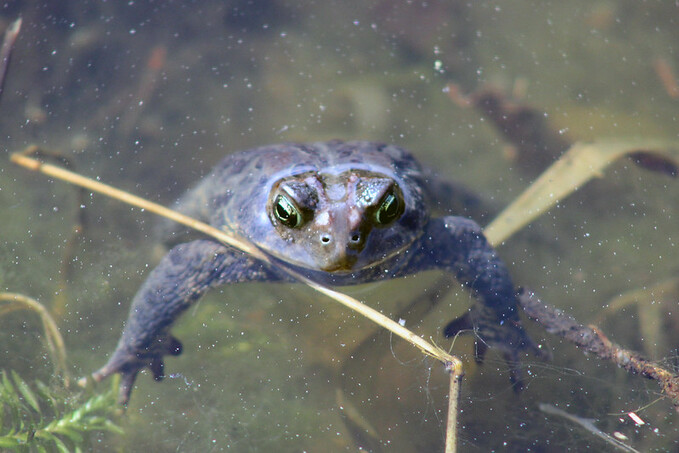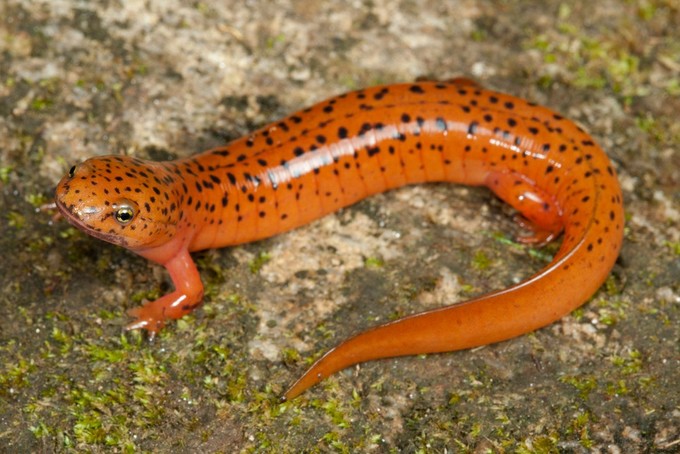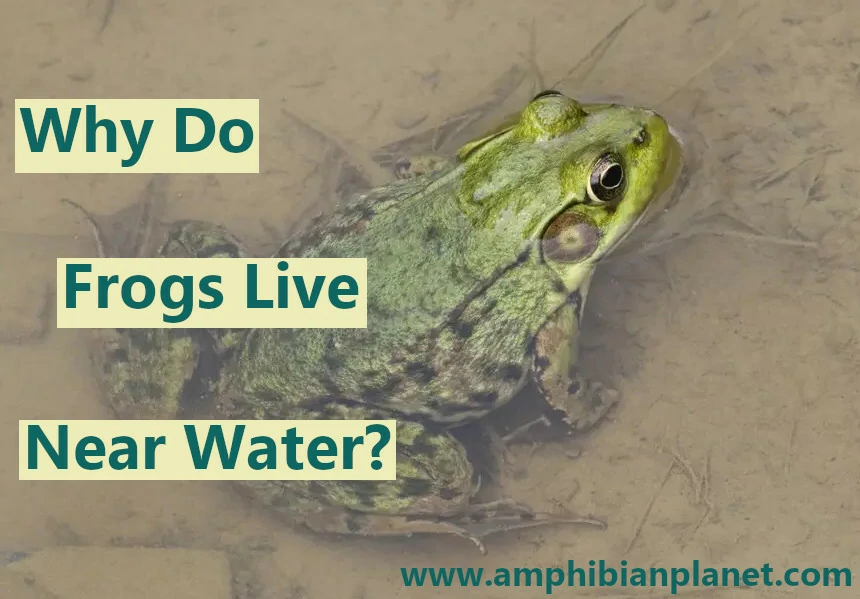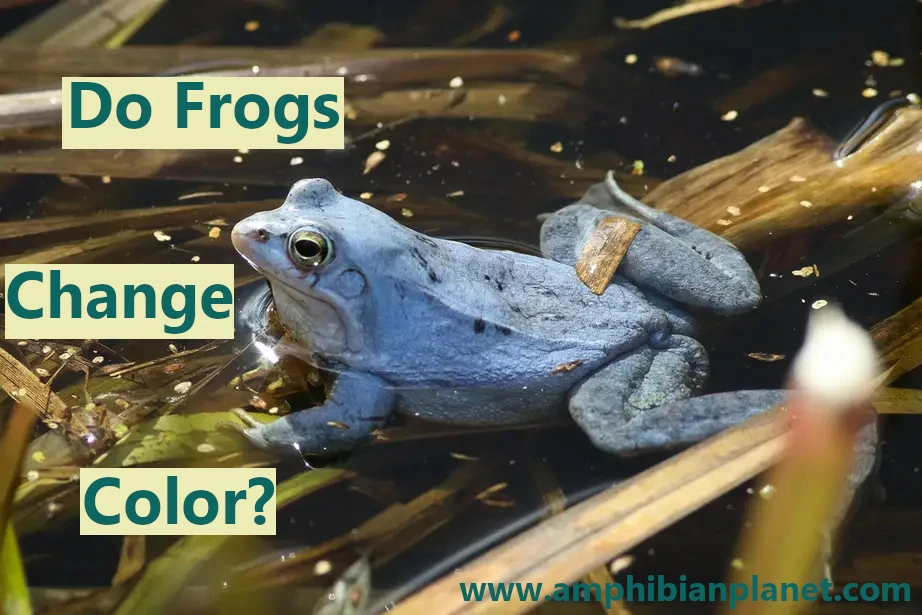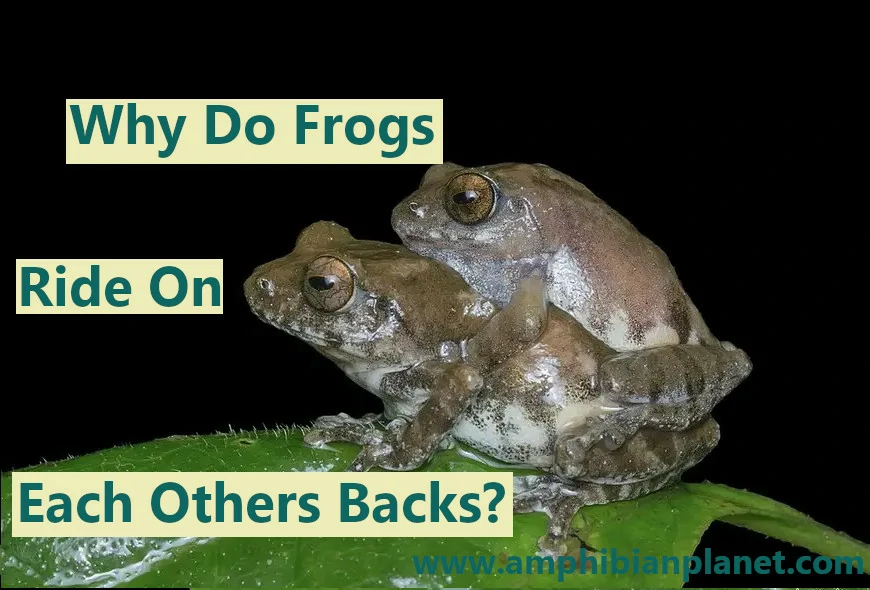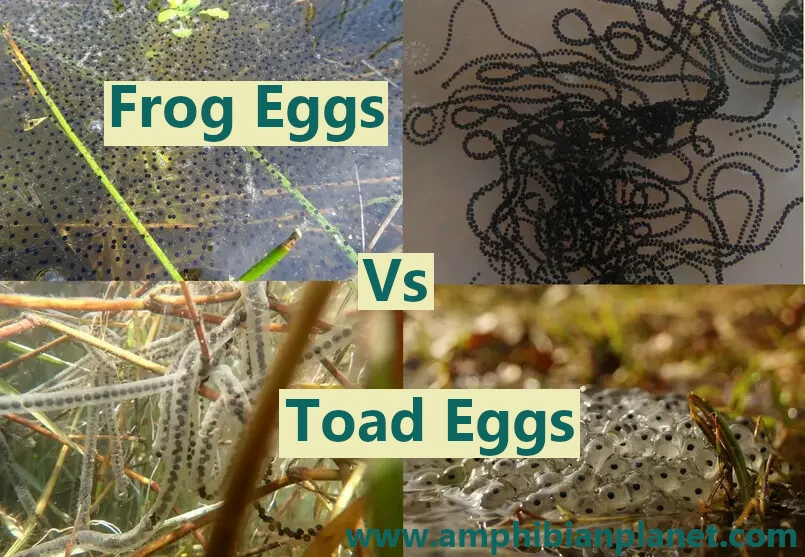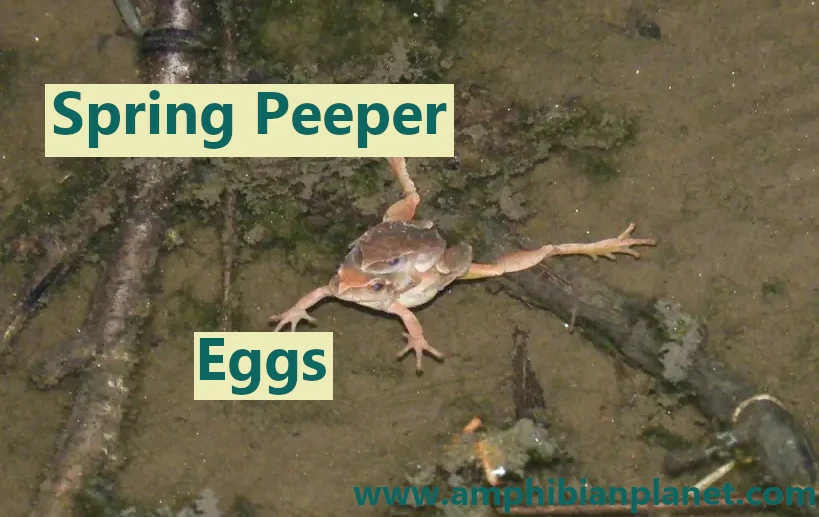Can Amphibians Live In The Ocean?
Amphibians are a diverse group of species found in a wide variety of habitats, from rain forests to mountainous areas, to dry regions. But have you ever wondered if amphibians can be found in the ocean, or in other marine environments? The majority of amphibian species can not live in saltwater because salt tends to … Read more

